How to blaze a trail: Eva Longoria, Jane Fonda and Helen Mirren are helping empower women to be brave not perfect
“I’m not afraid to fail,” says Eva Longoria
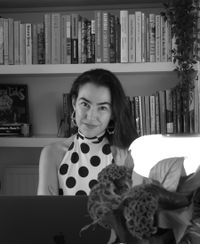
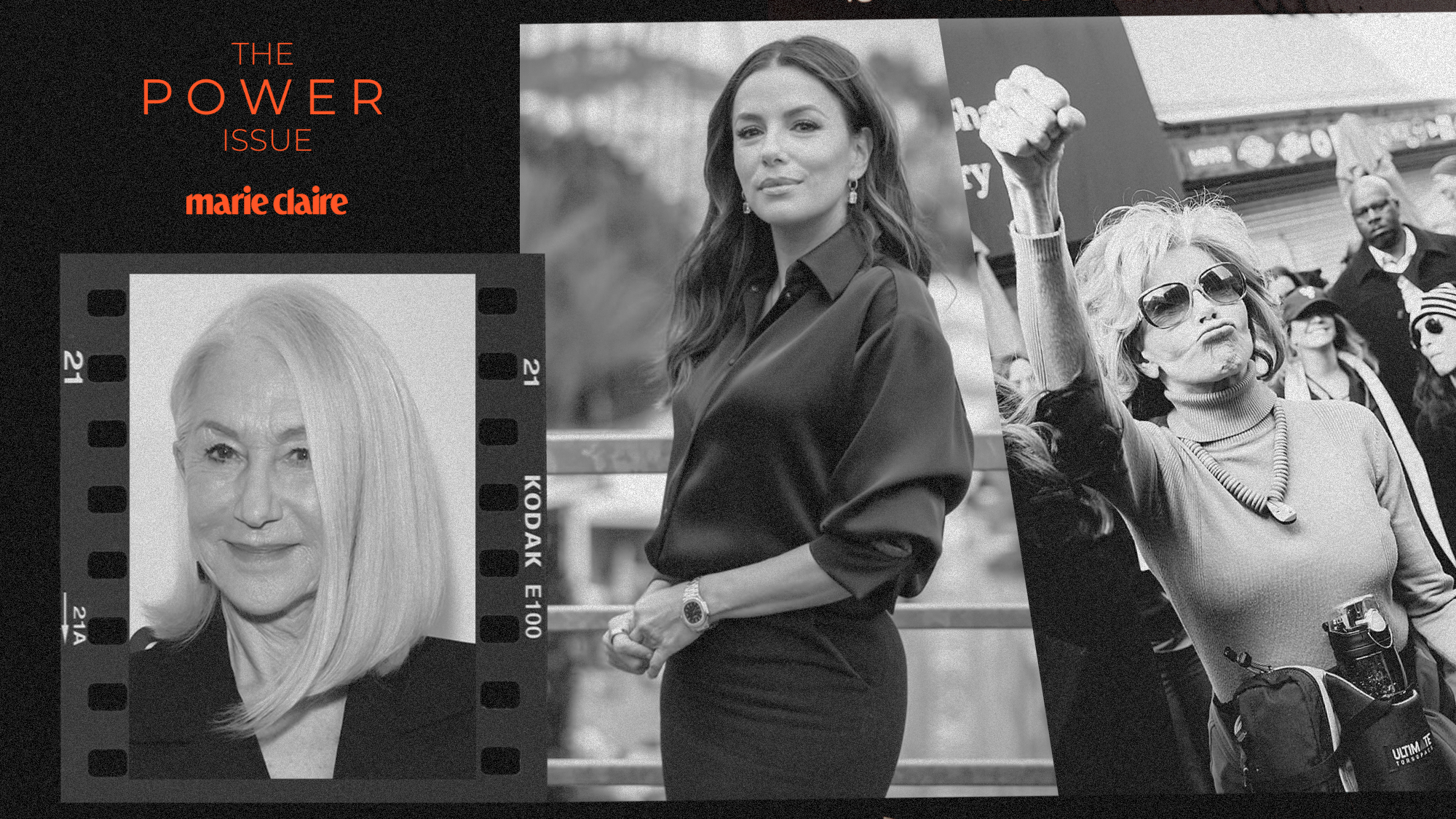
Celebrity news, beauty, fashion advice, and fascinating features, delivered straight to your inbox!
You are now subscribed
Your newsletter sign-up was successful
Eva Longoria is an eternal optimist; she tells me it’s built into her DNA before adding, “Not everybody is; people need encouragement; people need to be empowered. Sometimes women just need permission to go and be great.” She’s speaking to me on the move; securing time with her is a difficult and logistically painstaking process. Since having her son six years ago, she says, “If it takes me away from my son and time for my family, it better be something I really wanna do or something worth being away from him.” No pressure, then.
Longoria is passionate about empowering women to embrace their failures. Fierce and determined, there’s not a shred of regret when she talks about what it’s taken to get to where she is. But that doesn’t mean her life has been without setbacks. She went on hundreds of auditions in her early career—including for Hitch (she narrowly missed out on the role to Eva Mendes)—and more recently, she’s struggled to break into directing.
So what does she do? She leans into it. “I’m like the eternal optimist, and I’m never risk-averse; I lean into this.” She hopes that sharing these experiences in a “failure resume” on LinkedIn will encourage other women to embrace their setbacks. She wants you to “seize that opportunity to learn from it and move on and build upon it.”
I learn more from my failures than my successes. I welcome falling down and getting back up because that means I’m learning something. It means I’m growing; it means that I’m figuring it out.
Eva Longoria
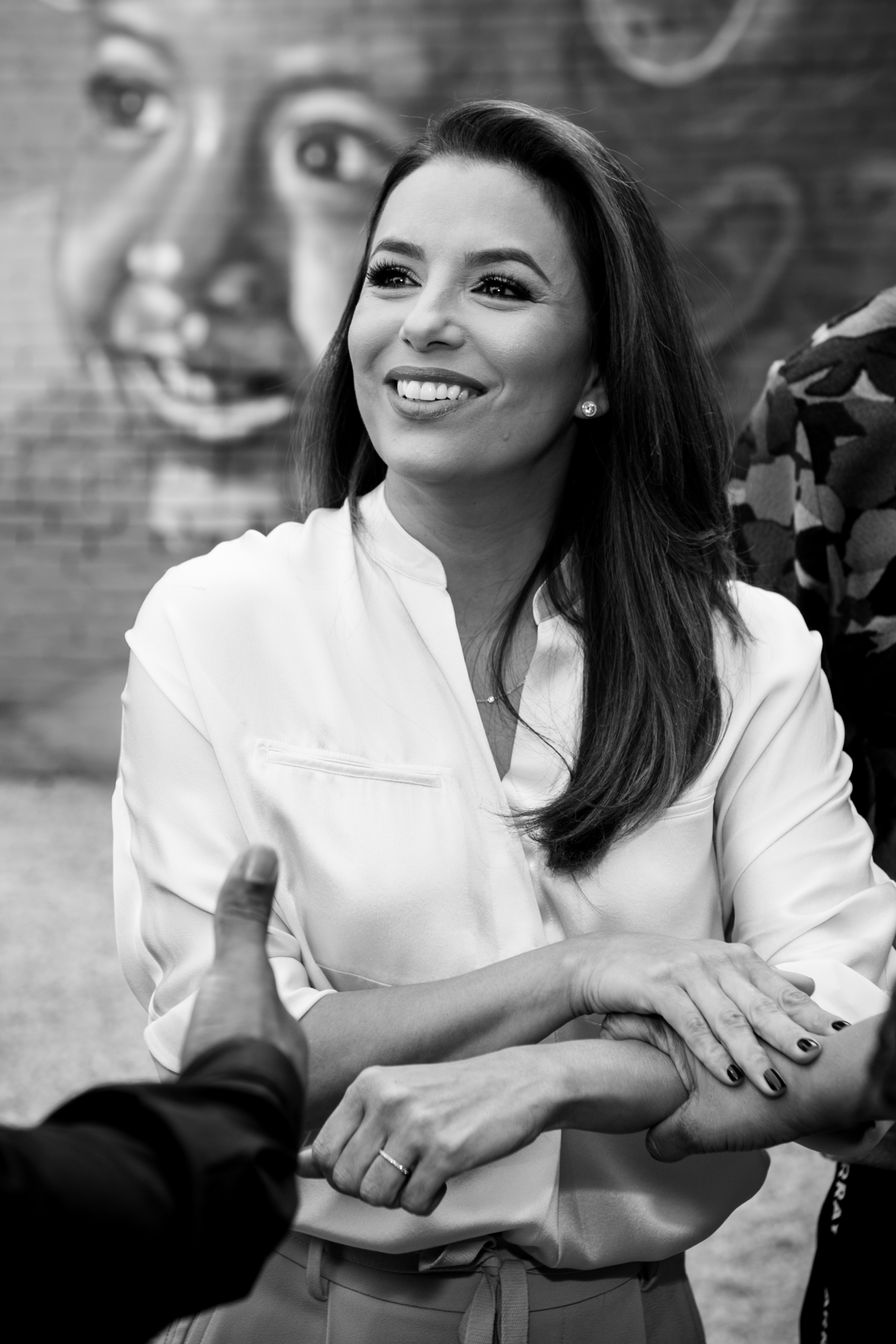
Eva Longoria attends the 3rd annual National Day of Racial Healing at Array
Longoria’s failure resume follows recent research, which found that 81% of women feel more pressure not to fail than men. Where boys are taught to be brave, girls are taught to be perfect. Jane Fonda knows this “good girl conditioning” all too well.
In 1959, Fonda lost out on a lead role because “when (Elia) Kazan asked if I was ambitious, I answered with a resounding “No!” Good girls—I was taught—were not supposed to be ambitious, or angry, or assertive.” Both women are part of a new campaign for L’Oréal Paris. By posting their “Worth It Resumes” online, Fonda and Longoria hope to challenge the assumption that women can’t afford to fail. “As a woman, have you ever felt this pressure that we don’t have the right to fail?” asks Longoria in a video introducing the initiative.
For Fonda, it took seven decades and three marriages to rid herself of the good girl cultural conditioning, as she calls it. “It was my marriages that taught me I have to stick up for myself and go for my dreams because even those who love you won’t necessarily help you become who you were meant to be.”
Girls and women were supposed to please. I was very good at it. At all costs, I wanted to be loved, and whatever I had to pretend to be, I would be that in order to fit in and be loved.”
Jane Fonda
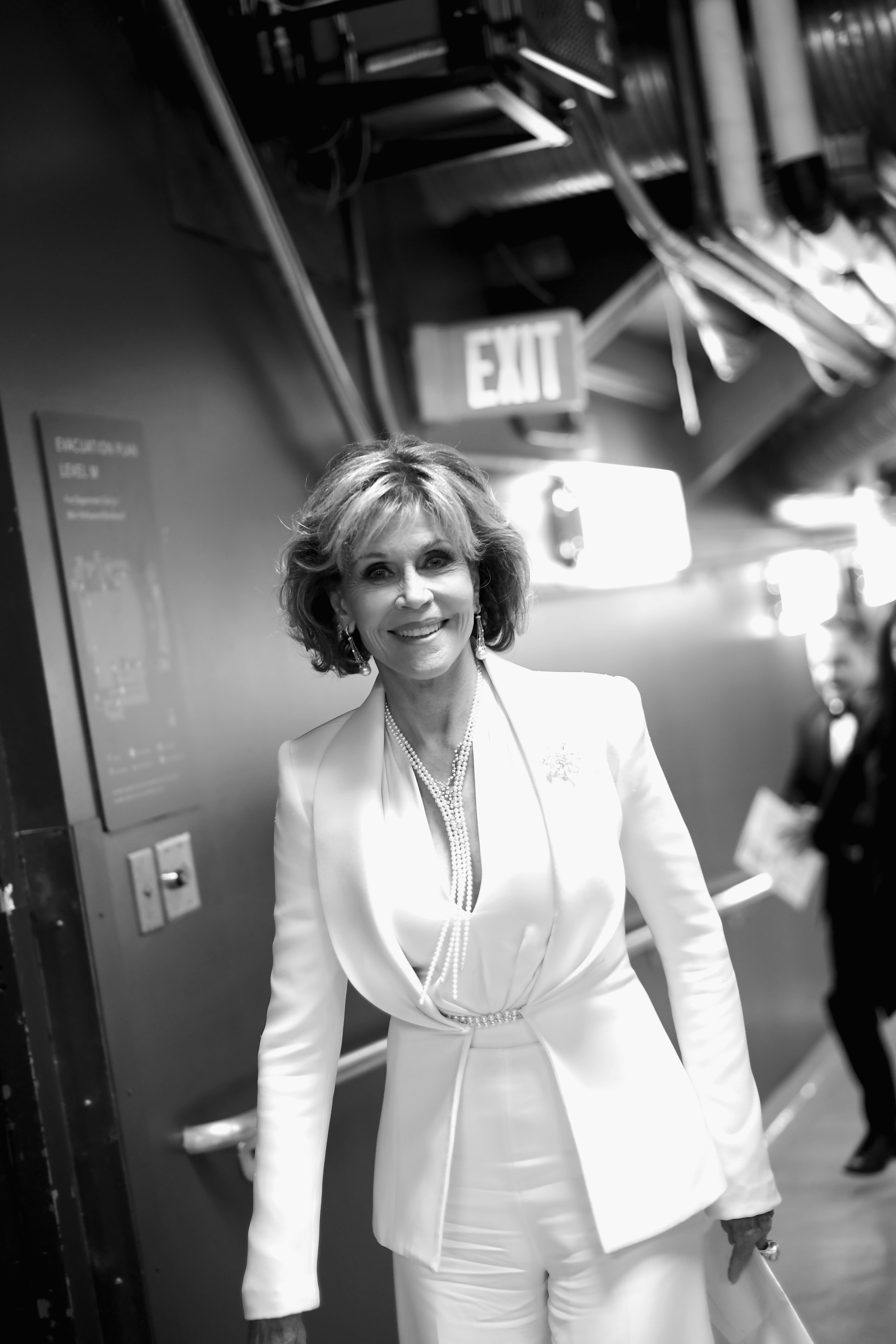
Jane Fonda backstage during American Film Institute's 45th Life Achievement Award Gala Tribute to Diane Keaton
Longoria, though, has always known who she is meant to be. “I was really lucky to grow up with strong, independent, educated women, so I didn’t have to look far for an example of what I wanted to be.” She’s always been with her tribe—which she credits her success to—and encourages women to find theirs. “Find your community that’s gonna cheer you on because you’re gonna need it,” she laughs.
Celebrity news, beauty, fashion advice, and fascinating features, delivered straight to your inbox!
I’m not risk averse. I’m not afraid to fail. I think that makes me bold in my moves, that makes me bold in my ambitions and in my drive.
Eva Longoria
In her “failure resume”, Helen Mirren, who, on top of being an actual Dame, has won—deep breath—an Oscar, four BAFTAs, three Golden Globes, five Emmy Awards, and one Tony Award, recalls being too scared to audition for drama school in the 1960s and being called “the weakest link” in her first major theatre role. “Instead of letting it destroy me, it drove me on.” She hopes her CV of setbacks, which include more recent failures like a decades-long attempt to maintain a fitness routine, will remind women that failure can be a step towards self-worth.
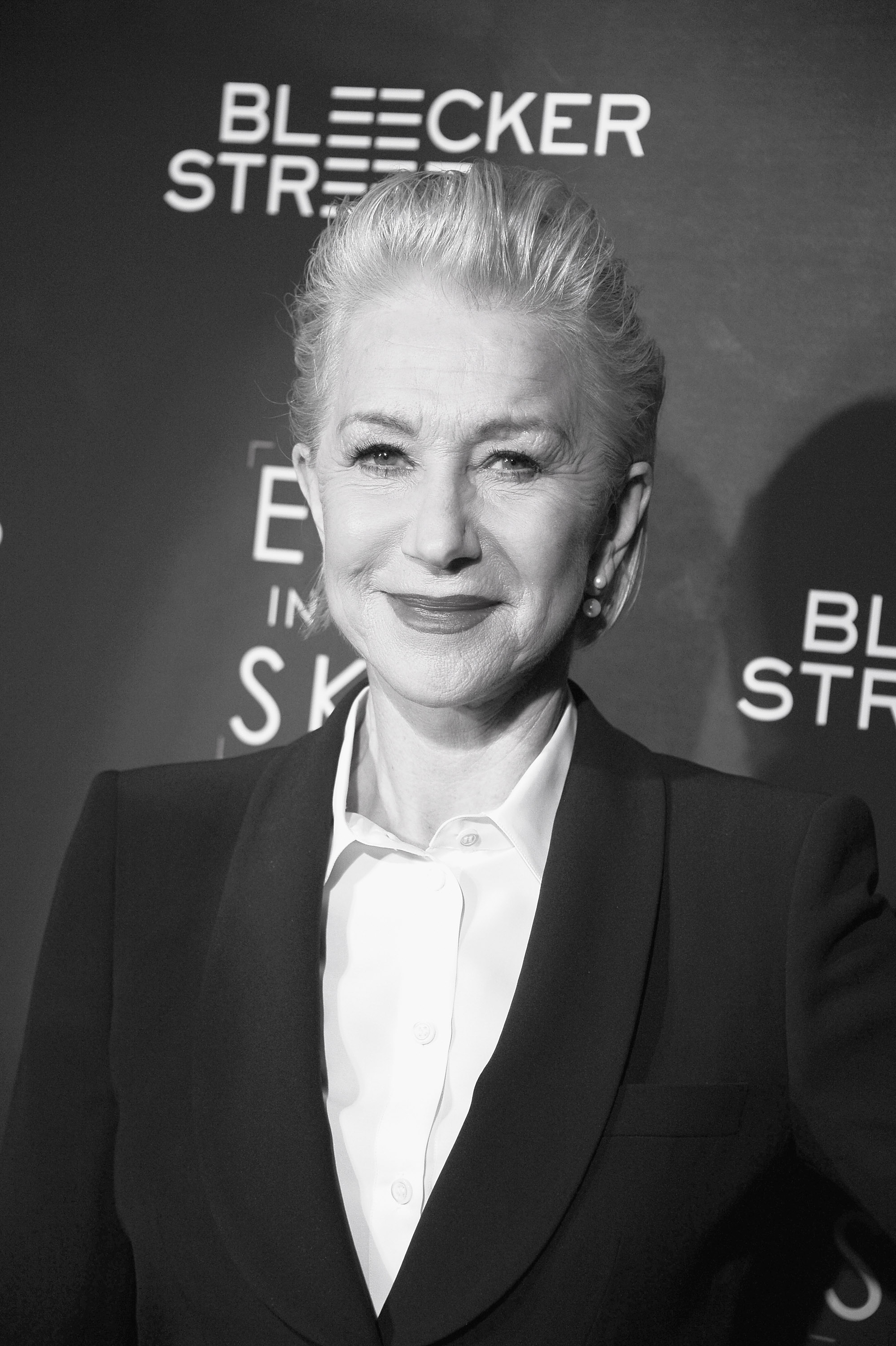
Helen Mirren attends the "Eye In The Sky" New York premiere
Jane Fonda never had trouble maintaining an exercise regime, but one of her sorest disappointments was having to turn back on Mount Lanín after ignoring her guide’s advice. She’s 86 now and still learning. She calls herself a late bloomer before adding, “Which is okay, as long as you don’t miss the flower show. I’m an elder now, but I’m at the flower show.”
And what about Eva Longoria — where is she looking to grow? She’s a wife and a mother, something she says she sacrificed in her early life, but Longoria has never cowered to societal pressure. “Society has told us that we expire by a certain age and certain opportunities are only for a certain age,” she says. Does she regret anything? “No, nothing.”
I don’t take jobs that overwhelm me. I don’t work with people that overwhelm me.
Eva Longoria
Longoria wants to dismantle the idea that there are only so many positions at the top for women, which she says is simply the patriarchy talking. She’s deconstructing the idea that there’s only room for one woman at the table. “We’re gonna build our own table — not only are we gonna need to put more on this one, but we’re gonna go build our own table,” she proclaims.
Getting out of that mindset has been vital in taking on male-dominated industries like directing, where she says women need to remind themselves that they are worthy of being there, too. “Just because it’s a male-dominated industry doesn’t mean it’s only for men.” And if there’s one thing she wants you to know? “I think every single woman right now, your greatest achievement is ahead of you, not behind you.”
If Jane Fonda is anything to go by, the best is yet to come.
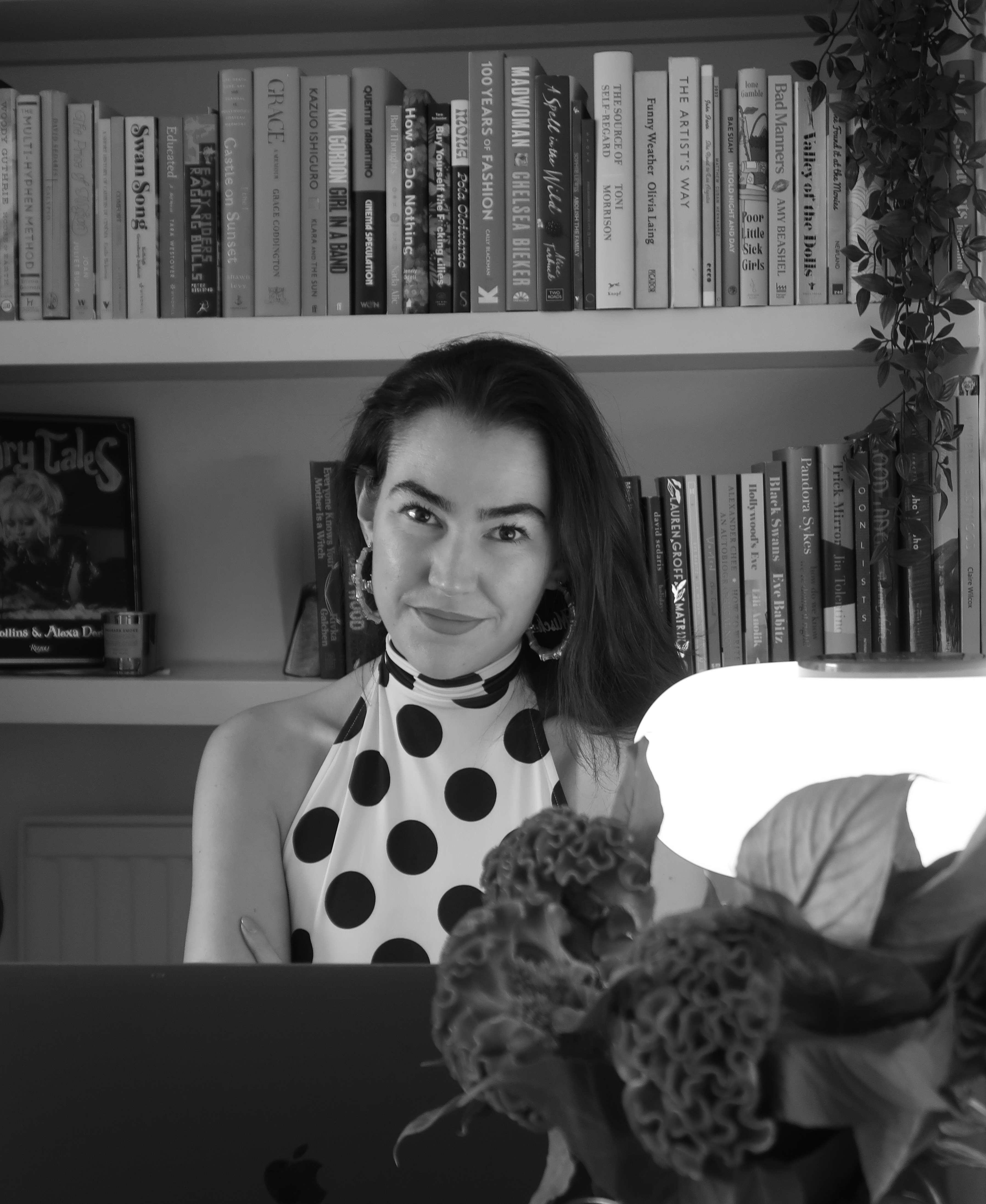
Mischa Anouk Smith is the News and Features Editor of Marie Claire UK, commissioning and writing in-depth features on culture, politics, and issues that shape women’s lives. Her work blends sharp cultural insight with rigorous reporting, from pop culture and technology to fertility, work, and relationships. Mischa’s investigations have earned awards and led to appearances on BBC Politics Live and Woman’s Hour. For her investigation into rape culture in primary schools, she was shortlisted for an End Violence Against Women award. She previously wrote for Refinery29, Stylist, Dazed, and Far Out.